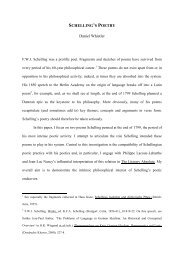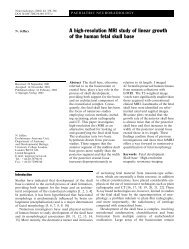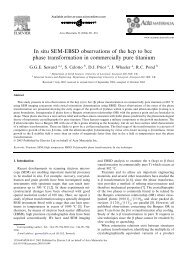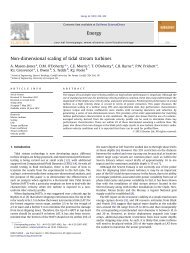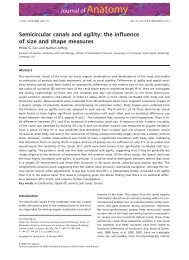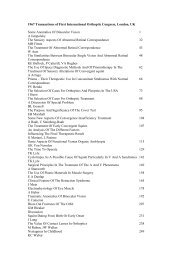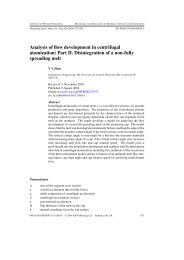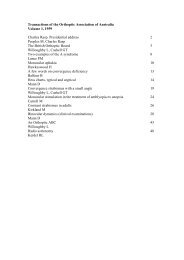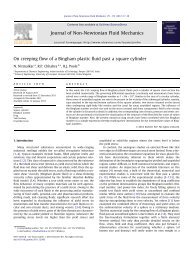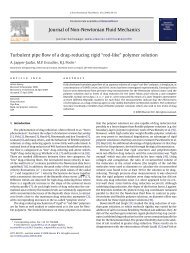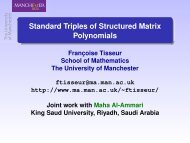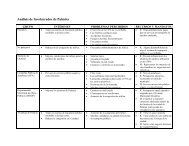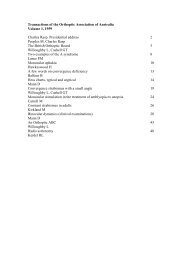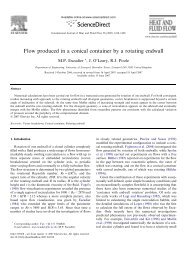The Discipline of Pious Reason: Goethe, Herder, Kant Daniel ...
The Discipline of Pious Reason: Goethe, Herder, Kant Daniel ...
The Discipline of Pious Reason: Goethe, Herder, Kant Daniel ...
Create successful ePaper yourself
Turn your PDF publications into a flip-book with our unique Google optimized e-Paper software.
<strong>The</strong> reasoning behind this hierarchy is to be found in the maxim, ‘<strong>The</strong> degree <strong>of</strong><br />
attractive force is always measured by the degree <strong>of</strong> homogeneity to the desired<br />
object, and this degree <strong>of</strong> homogeneity consists in the degree to which perfect union is<br />
possible.’ (ibid, p. 54) <strong>The</strong> extent to which I desire an object is determined by the<br />
likely union I can achieve with it. Hence, friendship is inferior to love because the<br />
complete fusion <strong>of</strong> two beings into one is more the preserve <strong>of</strong> love than <strong>of</strong> friendship.<br />
Friendship is, on this account, merely an imperfect form <strong>of</strong> love; a less intense desire<br />
for complete union.<br />
<strong>The</strong> above also provides Hemsterhuis with the beginnings <strong>of</strong> an account <strong>of</strong> the<br />
relation between humanity and God (and so <strong>of</strong> piety). God is the being into which one<br />
can be most easily absorbed without remainder. Through religion desire can be most<br />
easily consummated; it is thus the most proper channel for human desire. Here,<br />
‘homogeneity appears perfect’ (ibid, p. 55). In consequence, religion is the very<br />
paradigm and the most natural form <strong>of</strong> human behaviour. <strong>The</strong>re is nothing more<br />
proper to humanity than fusing with God.<br />
However, Hemsterhuis ends his Lettre having hit a snag. If all tends towards<br />
‘coagulation’ (and the human/God relation is the paradigm example <strong>of</strong> this), why then<br />
do there still remain discrete, individual entities? <strong>The</strong> question, as Hemsterhuis notes,<br />
is even more problematic with respect to creation: if love is a tendency towards union<br />
and God loves his creatures infinitely, why then did He disperse them into isolated<br />
individuals when creating them? Hemsterhuis has no answer to such questions;<br />
instead, he concludes as follows,



